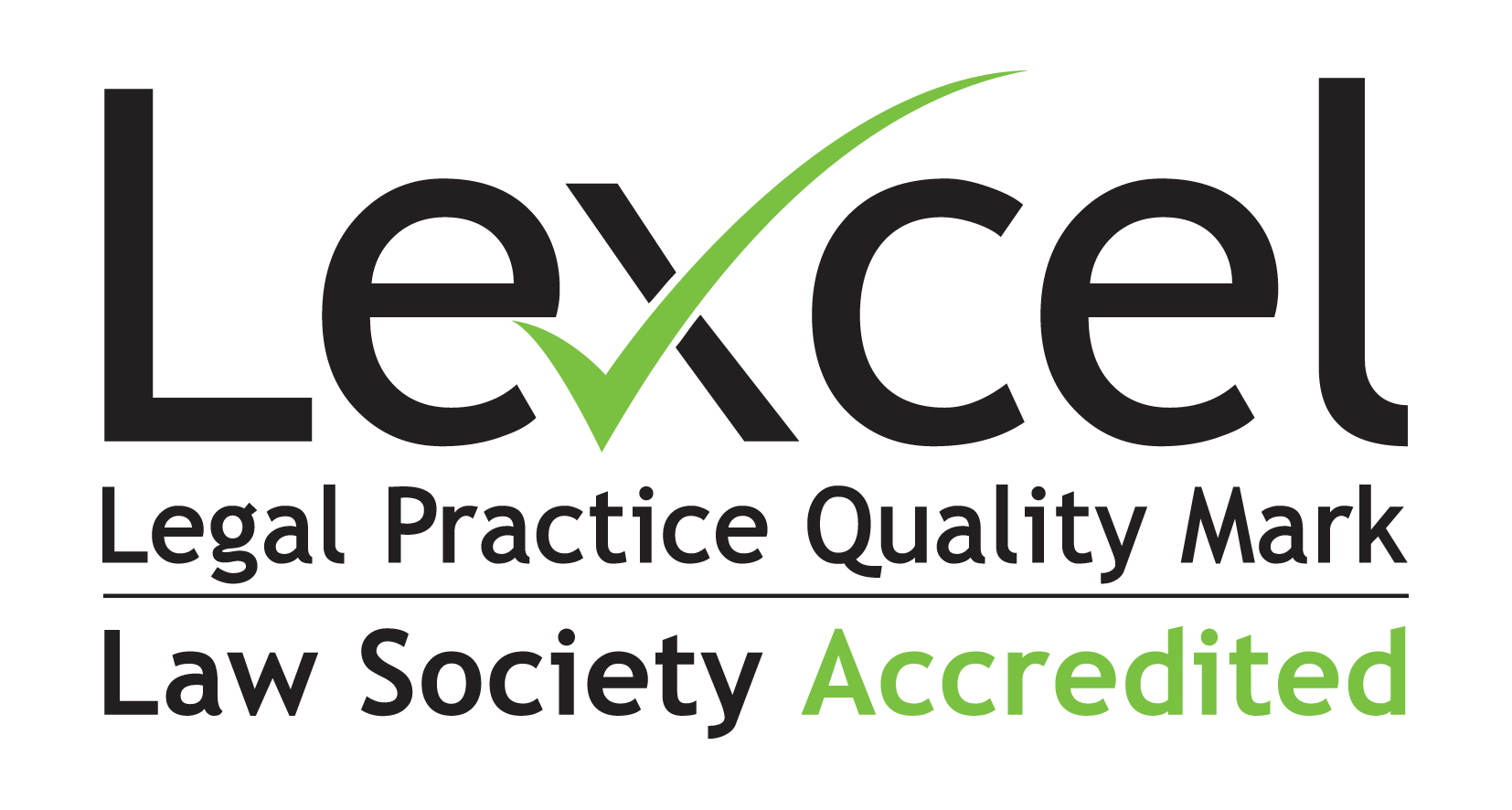- Home >
- Wills, Probate & Trusts >
- Powers of Attorney
Powers of Attorney
A power of attorney gives someone else the power to sign documents for you. The power may be specific, perhaps to complete a property sale while you are on holiday, or general- to sign anything that needs signing where the power to sign can be delegated.
An ordinary power of attorney becomes ineffective if you become mentally incapable. To deal with this situation, Enduring Powers of Attorney were brought in in 1985. They are called enduring because they keep going even if the person making them – the donor- becomes mentally incapable of managing their financial affairs. At that stage, the power must be registered with the Office of the Public Guardian, but this is a matter of filling in a form and giving written notice to the Donor and their nearest relatives and does not normally involve a court hearing.
Enduring Powers of Attorney made before the 1st October 2007 are still valid and can continue to be used. If the donor becomes mentally incapable, they still need to be registered and we would be happy to help you with this.
Lasting Powers of Attorney came into effect on 1st October 2007 and allow you to appoint some-one to deal with your property and affairs or, in a separate Lasting Power, to make decisions concerning your health and welfare when you are unable to do this yourself.
A Lasting Power of Attorney has to be registered with the Office of the Public Guardian before it can be used and registration does not mean you are considered to be mentally incapable of managing your affairs.
You can make your property and affairs LPA conditional, so that it does not allow your attorneys to act while you are capable of doing so. Registration can take 8 weeks or more so it is sensible to register the LPA straight away, rather than face delays at a critical time.







